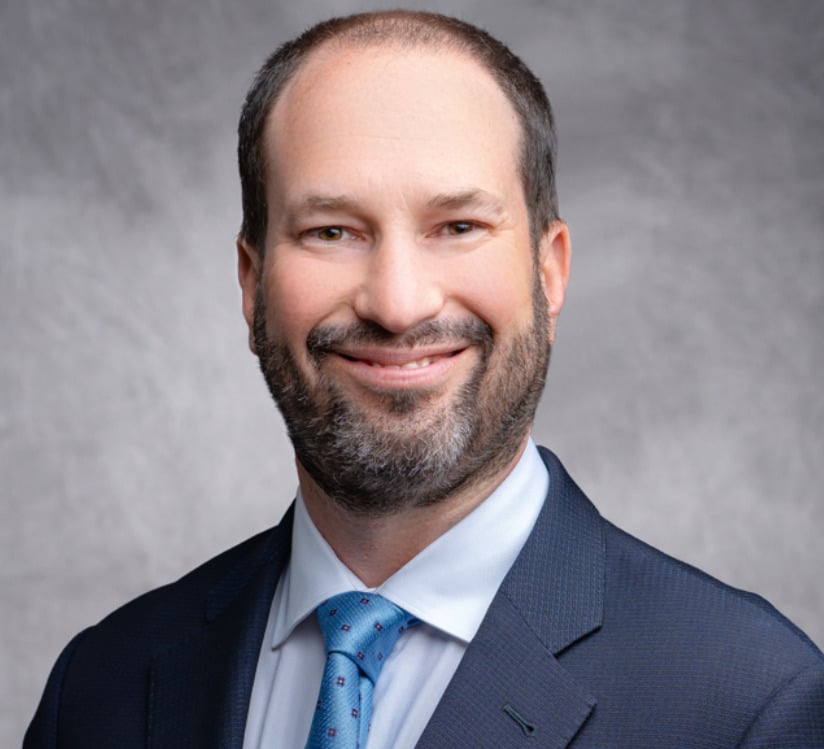Benjamin Schiffrin is Director of Securities Policy, Better Markets

What are your expectations for 2025?
The SEC will abandon Chair Gensler’s rulemaking agenda and instead allow the industry to continue to pursue policies that harm retail investors. So instead of a rule that requires brokers to get the best prices for their customers, brokers will continue to be able to evade any duty to seek best execution of their customers’ orders. Instead of a rule that requires broker-dealers and investment advisers to have policies and procedures regarding cybersecurity, investors will be vulnerable to cyberattacks. And instead of a rule that regulates the way broker-dealers and investment advisers use artificial intelligence, broker-dealers and investment advisers will be able to use artificial intelligence in a manner that puts their interests ahead of the interests of the investors they are supposed to serve. Essentially, the SEC will usher in an era of deregulation.
What trends are getting underway that people may not know about but will be important?
One trend is the marketing of alternative assets such as private credit to retail investors. Traditionally, the private funds industry has been unable to sell its products to retail investors because retail investors are unable to fend for themselves without the disclosure requirements that exist in the public markets. But there is now a push to sell products like private credit ETFs, which could be sold to retail investors and that would expose retail investors to private credit. Private credit funds would be composed of loans that are illiquid and hard to value, which would make them risky for retail investors.
Another trend is the push for 24/7 stock trading. New securities exchanges, such as 24X, and established securities exchanges, such as the New York Stock Exchange, both want to expand trading hours so they are open around the clock. This would allow retail investors to buy and sell stock in the middle of the night. The problem is that investors will receive worse prices for their securities trades during overnight sessions. The industry will also be able to use artificial intelligence to induce investors to trade at all hours of the day through push notifications and other behavioral prompts. Given that it is human nature to engage in riskier behaviors at night, 24/7 trading has the potential to cause investors to trade excessively and even to become addicted to trading. This concern is not theoretical, as the ability to bet on sports 24/7 is fueling a gambling addiction epidemic. And an underreported element of crypto—aside from its prevalence in frauds, scams, and abuses—is that crypto trading addiction is so prevalent due to the ability to trade crypto around the clock that there are now addiction centers that specialize in it.
What industry trends have been prominent but are now fading (or will soon fade)?
Investors have been demanding more information about the role of environmental, social, and governance (ESG) factors in their investments, and although that is unlikely to change, the efforts to get investors this information are likely to fade. The SEC is unlikely to finalize its proposed rule to require funds to disclose how they use the ESG factors. One of the purposes of the rule was to prevent greenwashing—the practice of funds promoting their use of the ESG factors in a manner inconsistent with their actual use. Any failure to provide investors with information about how funds actually use the ESG factors is shortsighted. Funds that prioritize the ESG factors will continue to exist, as will funds that misrepresent how they use the ESG factors. All the absence of a rule will do will be to leave investors in the dark and make their investment decisions harder.




